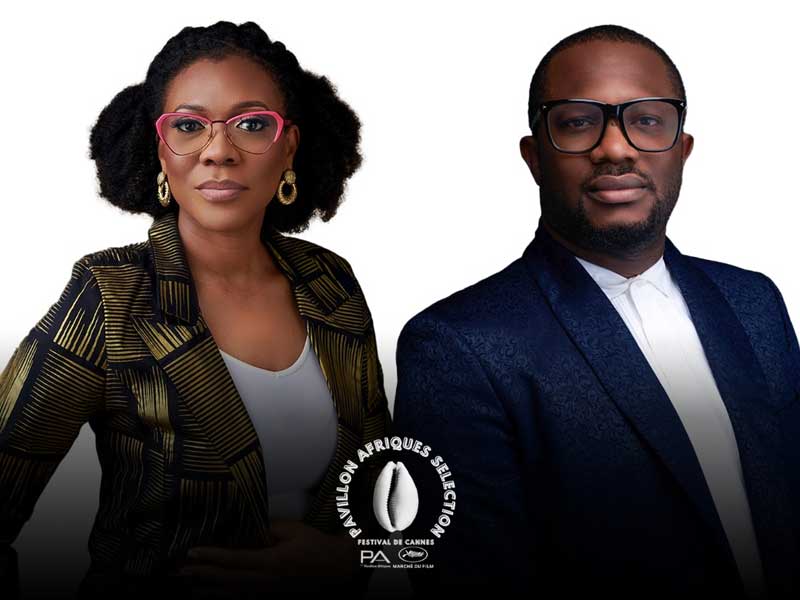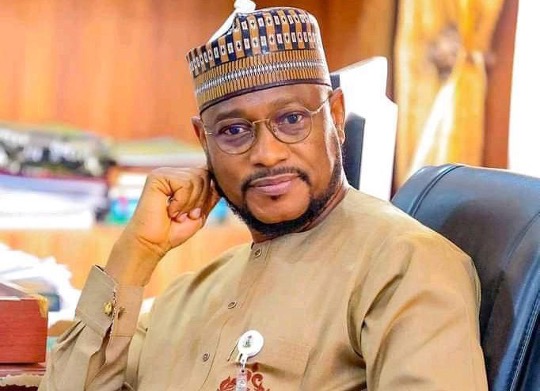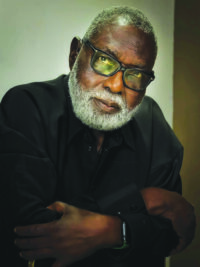At a recent panel hosted by Pavillon Afriques during the Cannes Film Market, the team behind the Nigerian historical epic ‘Osamede’ shared their creative journey and vision for culturally authentic African storytelling.
Director James Omokwe revealed that he was initially experiencing burnout when Executive Producer Lilian Olubi approached him with the idea. Skeptical at first, his interest was piqued by the story’s strong female lead — a character who, he emphasized, “doesn’t need male validation.”
“I wanted the audience to be immersed in her world,” Omokwe said. “If she was scared, be scared.” He explained his choice of fluid, moving camerawork as a way to mirror the protagonist’s emotional states throughout the film.
Set during the 1897 British invasion of the Kingdom of Benin, the film follows an orphaned girl who discovers supernatural powers.
Olubi recounted that the inspiration for ‘Osamede’ came during a time of spiritual reflection in early 2019, following a challenging year. What began as a faith-inspired story reminiscent of the biblical Esth grew into a powerful narrative that transitioned from a stage play into a full-length feature film.
One of the defining choices in the project was to tell the story in the Bini language. While this posed logistical and linguistic challenges, the team felt it was essential for authenticity. “It just felt like it was the honour that had to be done,” Olubi said.
Lead actor Tosin Adeyemi shared her experience of learning Bini for the role, despite not being a native speaker. She described the process as both culturally and personally enriching. “I had not seen a Benin story, especially on a global scale, and I was so glad to be part of this,” she said.
The panel framed ‘Osamede’ as part of a broader push tcentreer African identity in cine without compromising production quality or narrative ambition. The filmmakers emphasized their commitment to cultural accuracy, from language to historical detail, as a way to reclaim and project African stories with global resonance.
For Olubi and Omokwe, the Cannes screening affirmed that commitment. The film drew an especially strong response from African American audiences, many of whom said the story helped bridge personal connections to the continent.

















Leave a comment